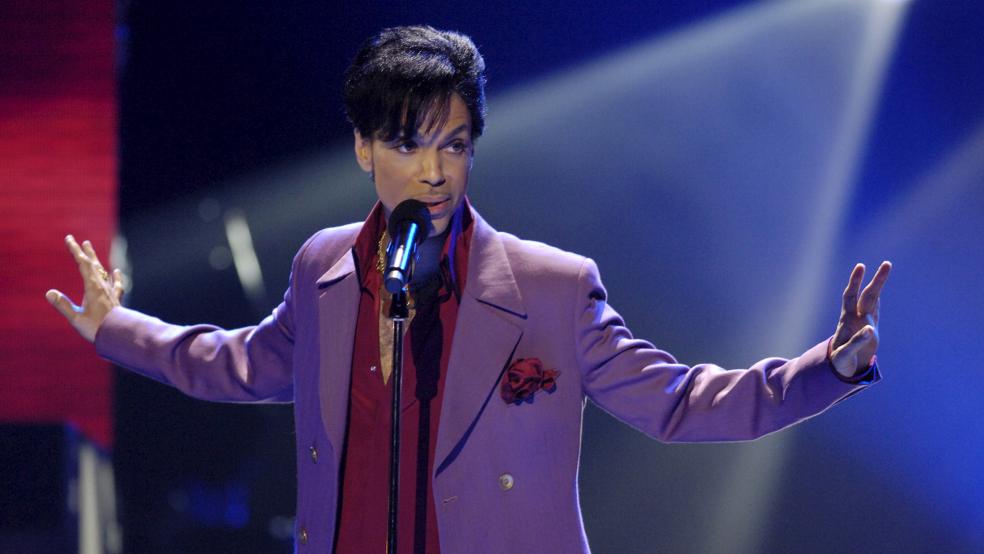Prince, the iconic pop music star, was found dead at his Paisley Park Studios on Thursday, one week after he was hospitalized for the flu. It’s safe to say the world will never again see anything like him.
Emerging in the late ‘70s from a Minneapolis music scene that was more known for ragged post-punk thrashing than the danceable electro-funk that Prince would basically pioneer, his high energy live shows, provocative lyrics and unquestionable talent made him a figure the record labels could not ignore.
A musical prodigy who could play basically anything (he reportedly played 27 different instruments on his debut album), Prince became a dedicated studio rat, churning out demo after demo. Initially finding success only on the R&B charts at a time when the music industry (and the newly created MTV) were still less welcoming to African-American acts, it was his fifth album, 1999, that elevated him to the attention of pop music fans. Along with Michael Jackson’s “Billie Jean,” the title track was one of the first two songs by black artists to be featured on heavy rotation on MTV, turning Prince into one of the defining artists of the era.
Related: Here’s What Set David Bowie Apart
His next album, Purple Rain, would sell more than 13 million copies, spending 24 consecutive weeks as the No. 1 album on the Billboard 200 chart. The movie of the same title, also starring the singer, grossed $68.4 million and also won an Academy Award for Best Song Score. For a few weeks, Prince had the No. 1 song, album and movie in the country, the first musician to do so.
In 1985, Prince stopped touring to concentrate on his studio craft, where he obviously was most at home.
In total, he released 39 studio albums, plus countless live albums and side projects. He has sold more than 100 million records worldwide, with nearly 50 million of those in the U.S. He was the best-selling recording artist of the ‘80s (beating both Michael Jackson and Madonna, all born in the same year). He was also, somewhat surprisingly, the 10th biggest seller of the 1990s. On the all-time album sales list, he is the 21st most successful musician of all time. He also wrote hits for other artists, such as “Manic Monday” for The Bangles, “Nothing Compares 2 U” for Sinead O’Connor and “I Feel For You” for Chaka Khan. His triple platinum soundtrack for Tim Burton’s Batman was integral in establishing that film as Not-Your-Daddy’s Batman.
His infectious songwriting and undeniable talent as a guitar player were also an integral part in breaking down the color barrier in music. Even the most ardent of rock snobs had to give it up for Prince — the little man could shred on guitar.
Related: Can Game of Thrones Hold on to the Crown?
His approach to music also put him in the middle of a few industry controversies. Tipper Gore, horrified by his sexual lyrics, made him one of the centerpieces of her attempt to censor rock music. His early ‘90s rebellion against the Warner Bros. record label, which famously led him to changing his name to that unpronounceable symbol, was one of the first shots in a war between artists and the music machine.
Even as his music faded from the top of the pop charts and iTunes’ rankings, Prince never stopped being a beloved public figure. His occasional returns to the stage were greeted with unbridled enthusiasm. Dave Chappelle famously played him in a skit highlighting his unsung basketball skills.
By all accounts, Prince never stopped recording and Paisley Park is alleged to have literally thousands of demos in his back catalog. Even though he may be gone, his songs, his joy of performing and his persona will always be a part of pop culture and musical history.




